
Duration of therapy may be just 5 to 6 days for patients without risk factors for complications.

Duration of therapy may be just 5 to 6 days for patients without risk factors for complications.
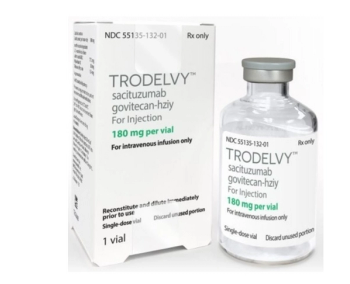
Sacituzumab govitecan-hziy is indicated for the treatment of adult patients with unresectable locally advanced or metastatic triple-negative breast cancer who have received 2 or more prior systemic therapies, at least 1 of which for metastatic disease.
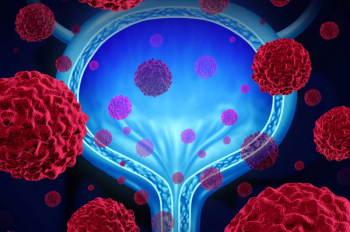
Bladder cancer most often begins in the cells that line the inside of the bladder.
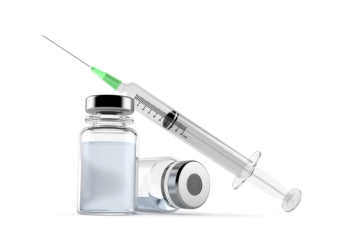
CMS Interim Final Rule on mandatory COVID-19 vaccinations for all facilities participating in Medicare and Medicaid potentially impacts pharmacies that provide services under a contract or arrangement with these facilities.

Pharmacy performance measures can support greater patient access to care and services through team-based care and to facilitate value-based contracts between pharmacists and payers.

It was previously known that beta-lactam antibiotics function by restricting cell wall growth, but the exact mechanics have remained unknown until now.
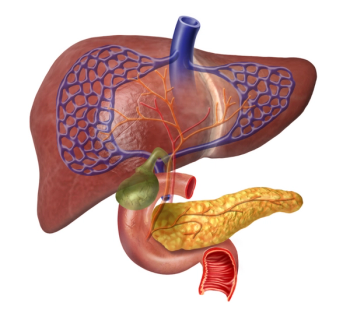
Odevixibat is indicated for the treatment of pruritus in patients 3 months of age and older with progressive familial intrahepatic cholestasis.
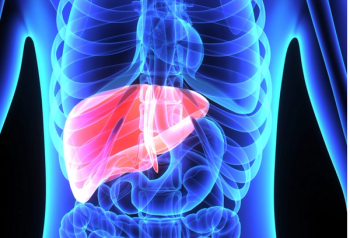
Risk factors for liver cancer include chronic infection with hepatitis B or hepatitis C virus, cirrhosis, diabetes, and non-alcoholic fatty liver disease.

Addressing barriers such as cognitive impairment, cultural issues, and denial can help patients avoid adverse effects.

The results were presented at the American Society of Nephrology Kidney Week 2021.
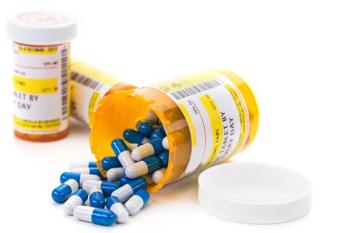
If authorized, ritonavir could be prescribed broadly as an at-home treatment to help reduce COVID-19 severity, hospitalizations, and deaths, as well as to reduce the probability of infection following exposure among adults.
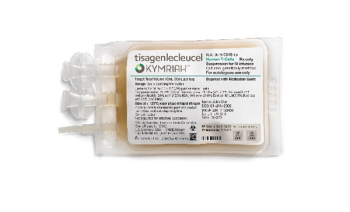
Kymriah is a CD19-directed genetically modified autologous T-cell immunotherapy.

Heart defects associated with Eisenmenger syndrome cause blood to circulate abnormally in the heart and lungs.

Gaby Gabriel, MD, program director, interventional radiology residency and assistant program director, diagnostic radiology residency, University of Kentucky, discusses the implications of research into the treatment of liver metastases in patients with gastrointestinal NETs.

No new safety concerns were encountered, which the investigators said support the frontline use of daratumumab plus lenalidomide and dexamethasone for patients with multiple myeloma who are ineligible for transplantation.

Kyle Detwiler, CEO of Clever Leaves, discusses his company’s donation of $1 million in medical-grade cannabis to research organizations for the purposes of advancing medical research.

Gaby Gabriel, MD, program director, interventional radiology residency and assistant program director, diagnostic radiology residency, University of Kentucky, discusses the findings regarding the efficacy of combining and sequencing liver-directed therapy with systemic therapy.

Trends to watch include increased spending on drugs and treatments, expansion of pharmacists' role, and ongoing interest in home infusion therapy.
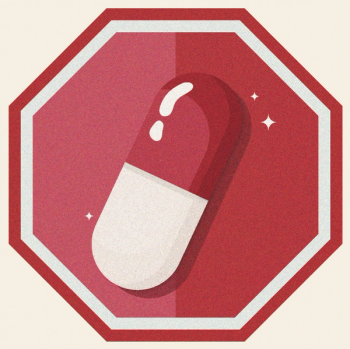
Use lowest effective dosages to prevent constipation, sedation, respiratory depression, and more.

Gaby Gabriel, MD, program director, interventional radiology residency and assistant program director, diagnostic radiology residency, University of Kentucky, discusses areas of concern when approaching the combination and sequencing of liver-directed therapy with systemic therapy.

A single 1200 mg subcutaneous dose of casirivimab and imdevimab (Regen-COV, Regeneron Pharmaceuticals), a preventative COVID-19 treatment, reduced the risk of contracting COVID-19 by 81.6% during months 2-8, according to additional results from a phase 3 trial published in The New England Journal of Medicine.

Ten quiz questions to assess your knowledge on common symptoms and treatments for breast cancer.
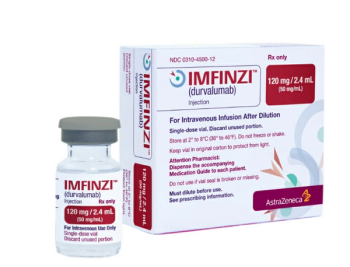
Durvalumab is a human immunoglobulin G1 kappa monoclonal antibody that binds to PD-L1 and blocks the interaction of PD-L1 with PD-1 and CD80.

Gaby Gabriel, MD, program director, interventional radiology residency and assistant program director, diagnostic radiology residency, University of Kentucky, discusses the potential sequencing in the combination of liver-directed therapy with systemic therapy.
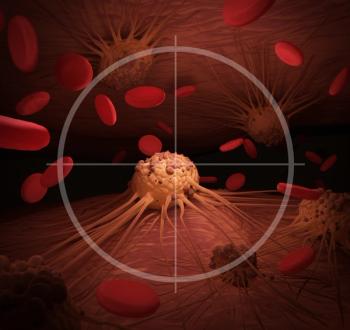
However, the trial failed to demonstrate that dose-escalated radiation therapy (RT) was superior to conventional RT.
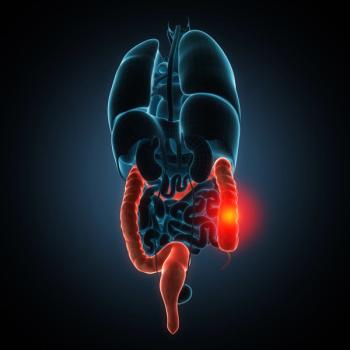
Gaby Gabriel, MD, program director, interventional radiology residency and assistant program director, diagnostic radiology residency, University of Kentucky, discusses the results of combining liver-directed therapy with systemic therapy when treating patients with gastrointestinal neuroendocrine tumors.

This research could help improve the efficacy of antibiotics without clinicians having to attempt risky strategies such as providing patients with higher doses or relying on the discovery of new types of antibiotics, according to the study authors.

Rivaroxaban (Xarelto; Janssen) found superior to aspirin in reducing the risk of recurrent stroke or systemic embolism in patients with left ventricular dysfunction.

Gaby Gabriel, MD, program director, interventional radiology residency and assistant program director, diagnostic radiology residency, University of Kentucky, discussed how systemic therapy differs from liver-directed therapy.

Approximately 75% of people diagnosed with Alagille syndrome in childhood live to at least 20 years of age.